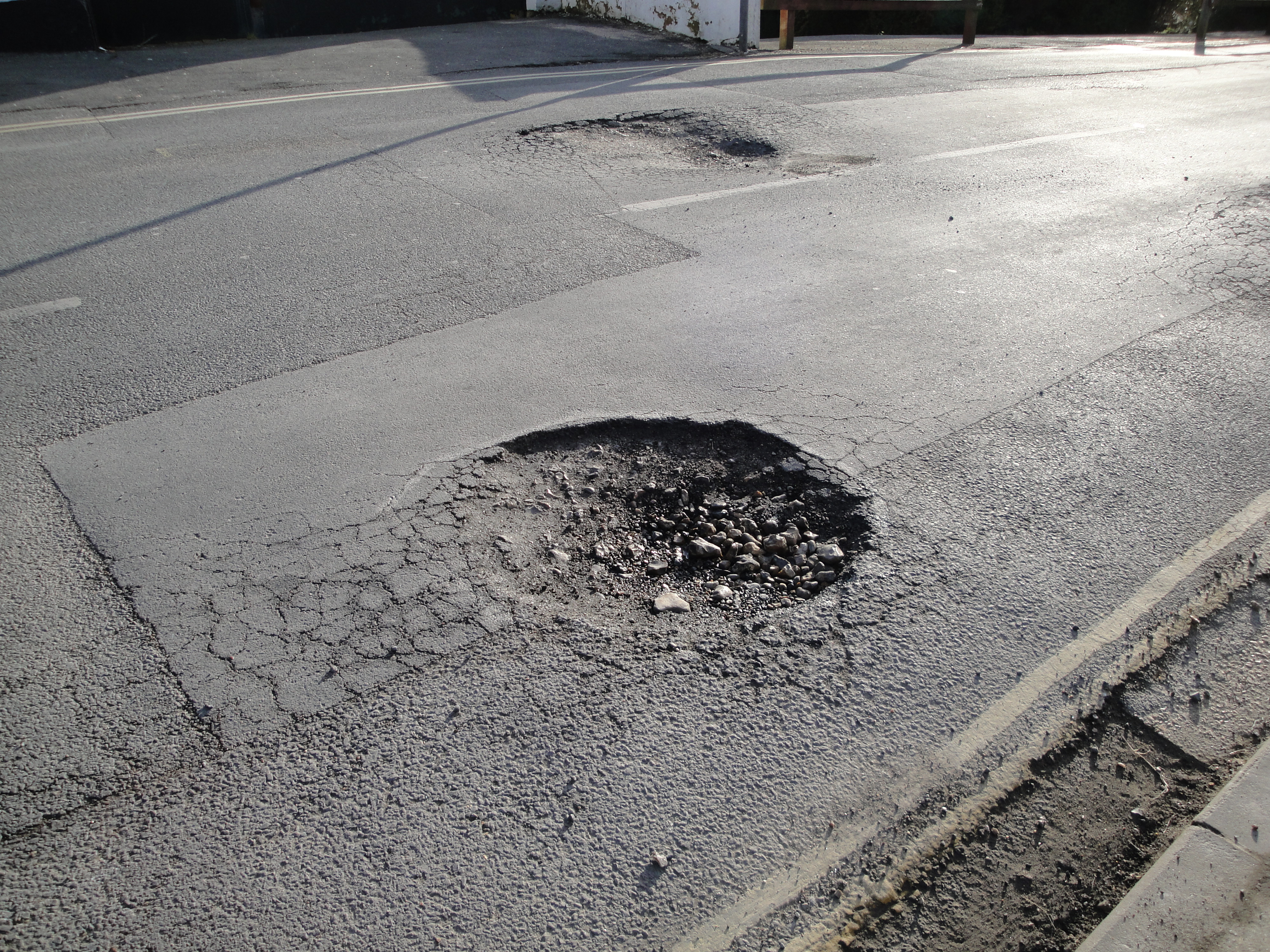A new tax has left Morgantown residents with less money in their pockets this year. The first of this 2-part series on the city’s “user fee” explores why it was levied and where the money is going.
The Basics
One year ago, Morgantown’s city council held a vote to determine whether the city would adopt a new tax known as the “Safe Streets & Safe Community Service Fee.” The council meeting was contentious, with more than an hour of testimony and public comments, most of which were strongly opposed to its implementation. Despite the opposition, the fee was approved by a narrow 4-3 vote.
Over the past year, everyone who works within Morgantown’s city limits has had $156 removed from their paychecks at a rate of $3 per week. The money is split about 60/40 between the Department of Public Works and the Morgantown Police Department, respectively.
Who Will Fix the Roads?
Morgantown’s roads are not in great shape. According to the national research group TRIP (The Road Information Program), Morgantown drivers pay an average of about $800 a year in unnecessary costs due to the condition of the city’s roads, including “accelerated vehicle depreciation, additional repair costs, increased fuel consumption and tire wear.” If accurate, the overall potential savings for drivers is considerably greater than the cost of the tax.
Critics of the TRIP report note that the organization is openly dedicated to promoting policies of road repair and is funded by businesses involved in road engineering and construction, giving it a financial incentive to arrive at its conclusions. Similar reports are generated by TRIP for every state (and many major cities individually) in the continental US, which it sends out as press releases.
TRIP’s data is based on reporting done by each state’s department of transportation/highways. For cities like Morgantown, this is complicated by the fact that many of our major roads – Beechurst, University, Stewart, Route 7, etc. – are controlled by the state. These roads cannot be repaired or repaved by the city at all (even with user fees), yet are probably the only roads taken into account by the TRIP report.
Nevertheless, Morgantown has 100 miles of city roads that still need to be repaved over time. At the rate of funding before the user fee went into effect, it would have taken 112 years to repave them entirely. With the fee, it is estimated to take only 12 years. This statistic alone is reason enough for many to support the fee.
Policing Challenges
In December of 2014, the Charleston-Gazette Mail reported that a sea change in the perception of policing among young people in West Virginia was making it hard to find new officers. The article quoted Kanawha County Chief Sheriff’s Deputy Mike Rutherford:
“I think they realize that what they do would be so scrutinized to the point it’s not worth the trouble, and it’s not worth the headache … to become involved in the field,” he said. “Quite often, people question you and call you everything under the sun including a racist simply because you make an arrest.”
“A lot of people just don’t want to have the second- and third-guessing on stuff that happened in a split second, and have to go through the torrent of criticism from people that really don’t know what the law says and have no idea what the officer has to go through,” he said.
This trend has continued, with only a fraction of the numbers of applicants turning out to join city and state law enforcement seen in the 1990s and early 2000s. Applicants who do show up are often disqualified by previous drug charges or an inability to pass the written test. Existing officers who leave the job cite their pay as a major factor in their decision. Retirement also slowly reduces the size of state and local departments.
Morgantown has not been exempt from this confluence of issues. In addition, some residents in the Morgantown area reported a perceived increase in crime over the previous years. Like in other cities with user fees, this led city council to give a large portion (35% – 40%) of the user fee proceeds directly to the Morgantown Police Department.
In Part 2 of this series, we will explore how the user fee has worked out during the first year and what it has accomplished so far. (Teaser: The fee brought in so much money that the city couldn’t even spend it all.) We will also hear from the city council members who voted against the fee, and Morgantown’s Chief of Police on why he is “ecstatic” about it. Stay tuned.
–
Continue to PART 2.

